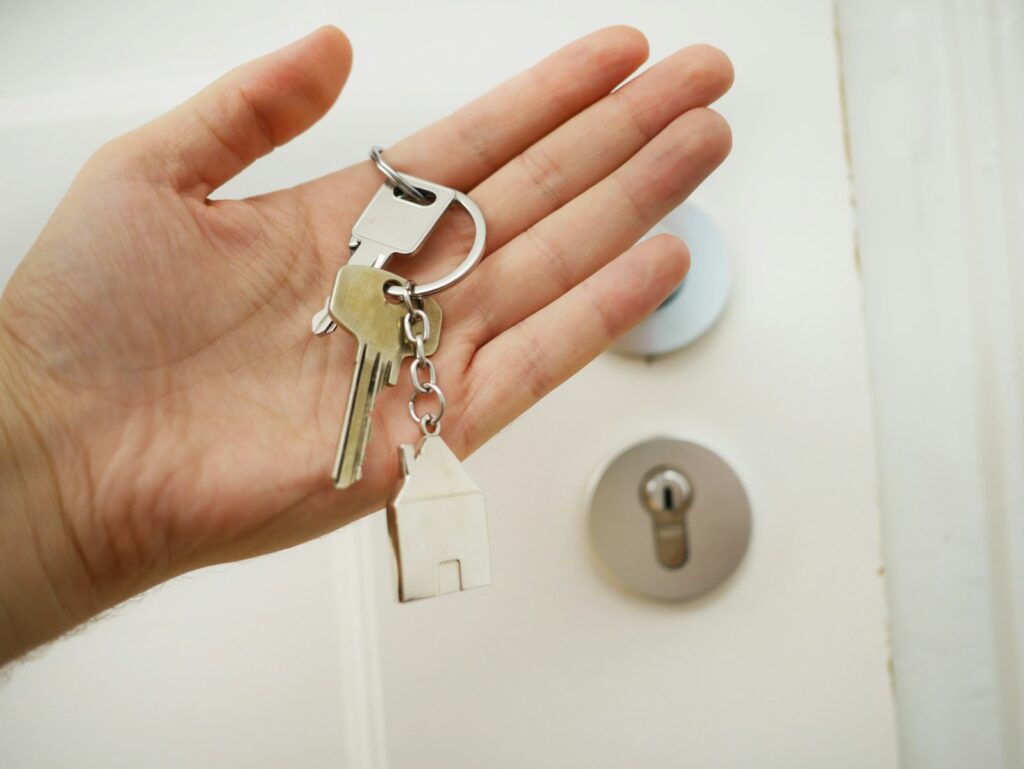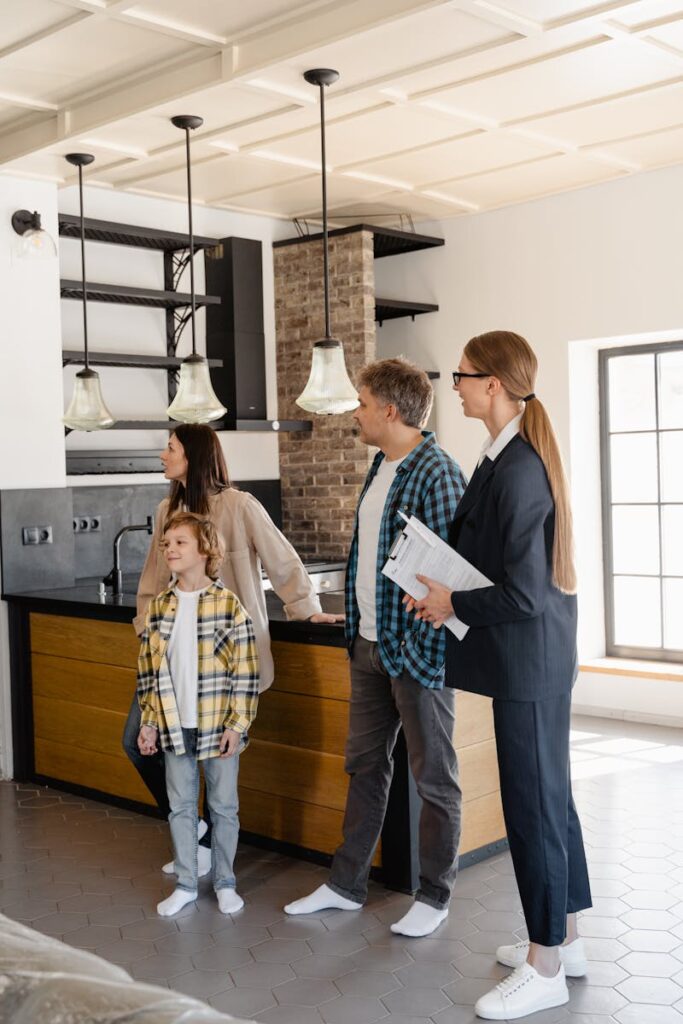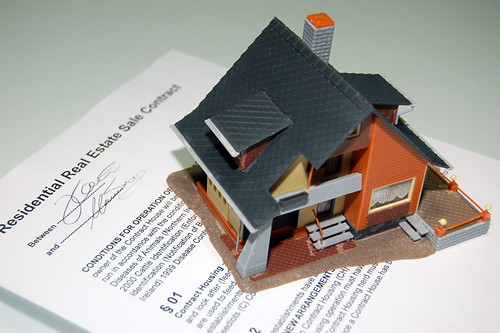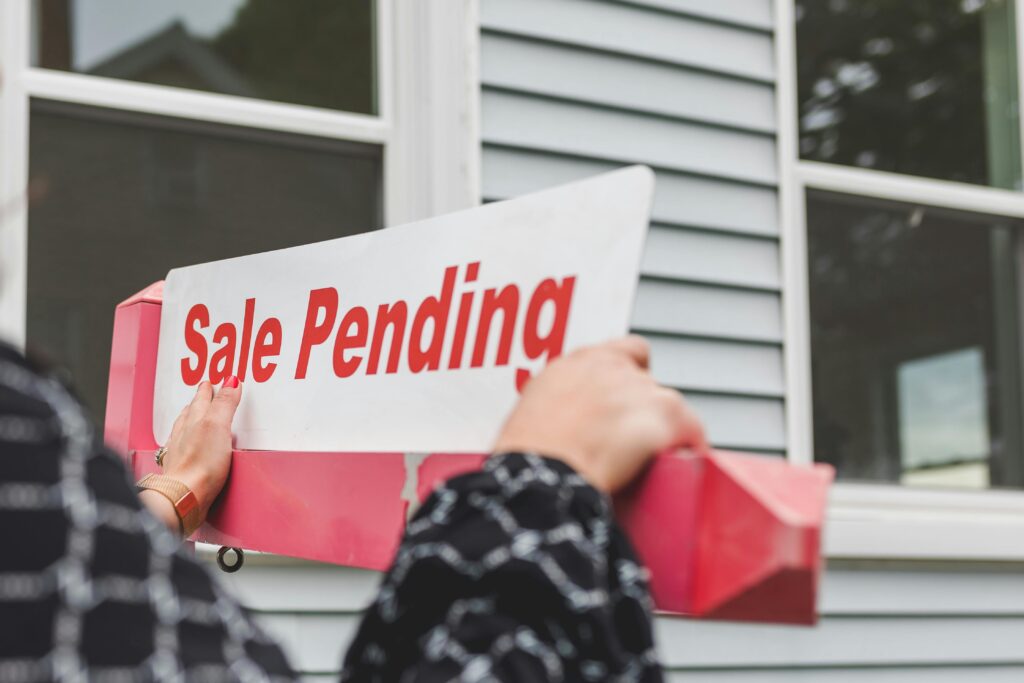The real estate market is constantly evolving, and open houses have long been a traditional method for showcasing properties to potential buyers. But as technology and buyer preferences shift, are open houses still an effective way to sell homes in 2025? This article explores the pros and cons of open houses and whether they still hold value in today’s real estate landscape.
What is an Open House?
An open house is a scheduled event where a home for sale is open to the public for a few hours. It allows potential buyers, REALTORS®, and curious neighbors to explore the property without needing an appointment. The purpose of an open house is to generate interest, attract buyers, and create a sense of competition among prospective purchasers.
Do Open Houses Help Sell Homes?
The effectiveness of open houses is often debated. According to the National Association of REALTORS® (NAR), only 4% of home buyers found their home through an open house or yard sign [source]. While this percentage may seem small, open houses can still play a significant role in a broader home-selling strategy.

Pros of Holding an Open House
1. Exposure to a Larger Audience
An open house can attract not only serious buyers but also casual browsers who may not have scheduled a private showing. Sometimes, a buyer who wasn’t actively looking may fall in love with the home during an open house.
2. Creates a Sense of Urgency
When multiple buyers view the property at the same time, it can create a competitive environment. Seeing other interested parties may encourage buyers to act quickly and submit an offer.
3. Convenient for Sellers
Instead of scheduling multiple private showings, an open house allows sellers to showcase their property to many buyers at once, minimizing disruption to their daily routine.
4. Immediate Feedback
Sellers can gain valuable insights from attendees about the home’s price, layout, and overall appeal. This feedback can be used to make improvements or adjust pricing if necessary.
Cons of Holding an Open House
1. Attracts Unqualified Buyers
Open houses often attract visitors who are not financially prepared to make an offer. Some attendees may be curious neighbors or casual browsers with no intent to buy.
2. Security Concerns
With multiple strangers walking through the property, there is a risk of theft or damage. Homeowners must secure valuables and take precautions.
3. Time and Effort
Preparing for an open house requires staging, cleaning, and marketing. If the event does not lead to offers, it can feel like wasted effort.
4. Changing Buyer Preferences
Many home buyers now prefer virtual tours, 3D walkthroughs, and online listings. This shift in behavior may make open houses less critical than in the past.

Alternatives to Open Houses
If you’re unsure about hosting an open house, consider these alternatives:
- Virtual Tours – High-quality video tours can showcase your home to a broad audience online.
- Private Showings – Serious buyers can schedule one-on-one visits, reducing foot traffic and increasing privacy.
- Social Media Marketing – Platforms like Facebook, Instagram, and YouTube can reach a larger audience than a traditional open house.
Are Open Houses Worth It in 2025?
The decision to host an open house depends on various factors, including the local market, the home’s price range, and seller preferences. In high-demand markets, open houses can create buzz and attract multiple offers. In slower markets, the benefits may be less noticeable.
Looking for Upcoming Open Houses in Edmonton?
If you’re interested in attending an open house in the Greater Edmonton Area, check out the latest listings here.


